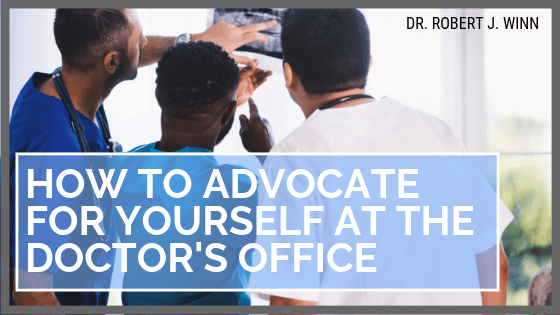Visiting the doctor is not supposed to be an action that evokes fear, yet it does for so many people. Some of them are worried about conditions that they might have, and others are afraid of having to advocate for themselves. Individuals who fall into the latter group can learn some tips for becoming better self-advocates.
Bring Support
Ultimately, the goal is to learn how to advocate for yourself without the help of others. However, during the learning process, bringing support along is useful. You should select one truly trusted relative or friend since it’s very likely that personal medical information will be shared in front of this individual. While this supporting person does not necessarily need to speak with the doctor, it may help you feel comforted knowing you have someone on your side.
Show Evidence
Think about how advocates work in other situations. In order to get others to listen to them, they need to show proof of their side. You should do the same. If you’ve recently been seen at the emergency room, likely you’ll need to schedule a follow-up appointment with your primary physician. During your emergency room visit, you may have gotten blood work done. Bring that blood work report to your appointment, or have the information faxed over to the practice. Having these documents to back you up will help to support your point.
Speak Directly and Confidently
Even if the confidence is feigned, showing it when speaking is crucial. Doctors who sense that patients aren’t confident in their ideas may have difficulty believing them. When some people are nervous, they start to ramble, which means that their listeners are not necessarily getting the full picture and may not be able to follow the conversation entirely. Consider practicing what you want to say and write down your questions to take to the appointment so that you can speak more precisely and confidently.
Learning to act as an advocate for yourself is essential in any area, but especially when it comes to medical concerns. Of course, it is important for patients to know when serious issues exist. While they should take medical advice seriously, they also should be respected as they know their own bodies well. For example, they may eventually come to recognize that they need to switch doctors.


